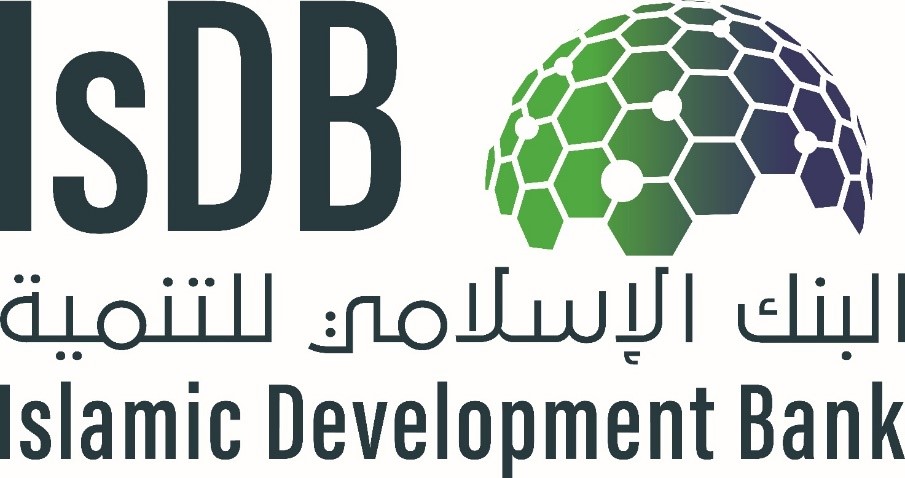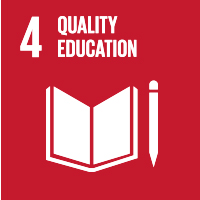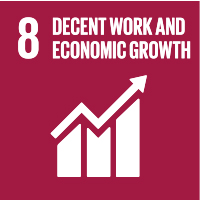Technical assistance, expertise and implementation; Financial and/or in-kind contribution
IsDB Youth Development Strategy
The Youth Development Strategy (YDS) is the first strategy of IsDB on youth development from 2020 to 2025. The YDS has two objectives to support young people to be: (i) productive and economically empowered; and (ii) engaged and responsible, to embody and embrace leadership.
The Strategy has three pillars on Education, Economic Empowerment, and Engagement, which aim to empower youth to take action in supporting their communities. The economic empowerment pillar aims at unleashing youth’s potential by providing them with sustainable and decent employment, supporting their savings and investments, and developing their skills in entrepreneurship and employment.







